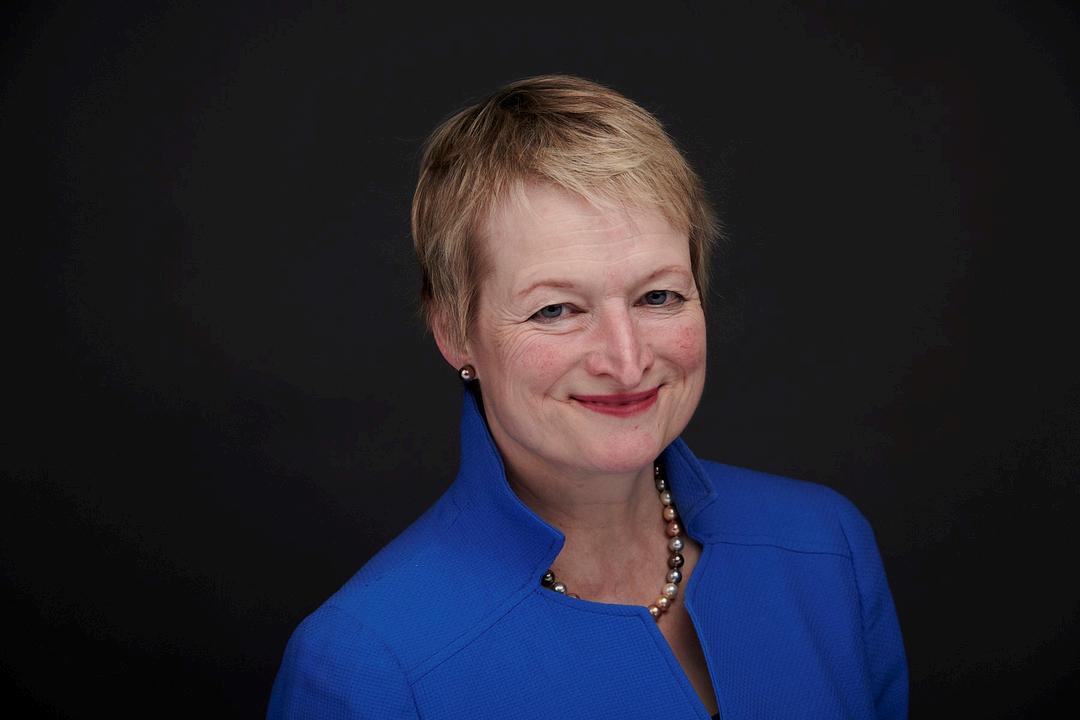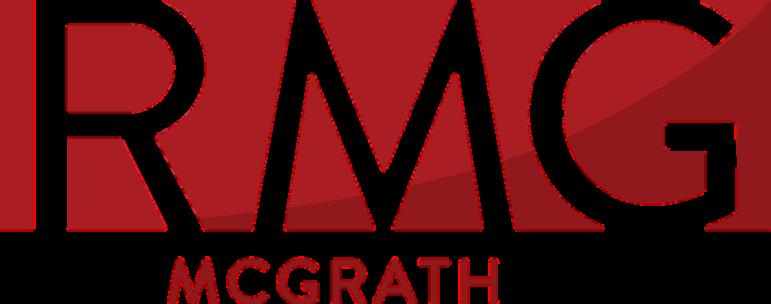Why even great predictions don’t create great solutions
Rita McGrath | Thought Sparks

Why even great predictions don’t create great solutions
Rita McGrath | Thought Sparks
Research on how well people can predict the future comes to a resounding conclusion: not well.
Asking “What will happen to me?” in a future situation misses the point. Instead, it’s much more fruitful to consider multiple possible future states and ask, “What would we do if this happened?”
Wisdom from Arie de Geus.

To say that people don’t like uncertainty is an understatement. Journalist Maggie Jackson has written a book about it – called Uncertain: The Wisdom and Wonder of Being Unsure. As she says in a recent interview, we need “routine and familiarity. Most of life is what scientists call predictive processing. That is, we’re constantly making assumptions and predicting. You just don’t think that your driveway is going to be in a different place when you get home tonight. You can expect that you know how to tie your shoelaces when you get up in the morning. We’re enmeshed in this incredible world of our assumptions.


en de Geus was at Royal Dutch Shell, he used this parable to rk conversations about the value of predictions.
agine that it is 1920, and you have somehow been granted olute power to predict the future. You happen to visit the yor of Rotterdam, and during that time, you describe in vivid ail what is going to happen to his town during the next 25 rs. Thus, during an otherwise perfectly normal working day, mayor hears about the advent of the Weimar Republic, perinflation, the 1929 stock exchange crash, the Great pression that followed, the rise of Nazism in Germany with its Rotterdam) damaging economic politics of autarchy, the break of the Second World War, the carpet-bombing of the town’s city center, and finally, the systematic destruction of the town’s port installations during the calamitous winter of 1945.”..
Why do we not prepare for even fairly reliable forecasts when we ask how a f event would affect us? It’s because we are ignoring a fundamental premise o human cognition works. Citing the work of David Ingvar, De Geus shows tha brain is constantly attempting to make sense of the future. Ingvar calls it “cre memory of the future.” For instance, as you are reading this newsletter, you m glance at your calendar to see whether it is yet time to get on another Zoom might consider what would happen if you fail to join the Zoom.

As I’ve described in Seeing Around Corners, going through what I call an early warnings exercise facilitates you and your team creating a memory of the future. It accentuates your ability to “see” and take action on early warnings and weak signals. The way it works is to specify a “time zero” event which is a potential future inflection point with either good news for you and your organization or not such good news. Then, working backward, you ask yourself “What would have to be true if this were becoming more likely?” Then, you work with your team to think about what action you would take if a combination of weak signals were to begin to come together in a compelling way – we call this the process of establishing tripwires.
Want to spark some thinking in your own organization? Book Now



https://thoughtsparks.substack.com/